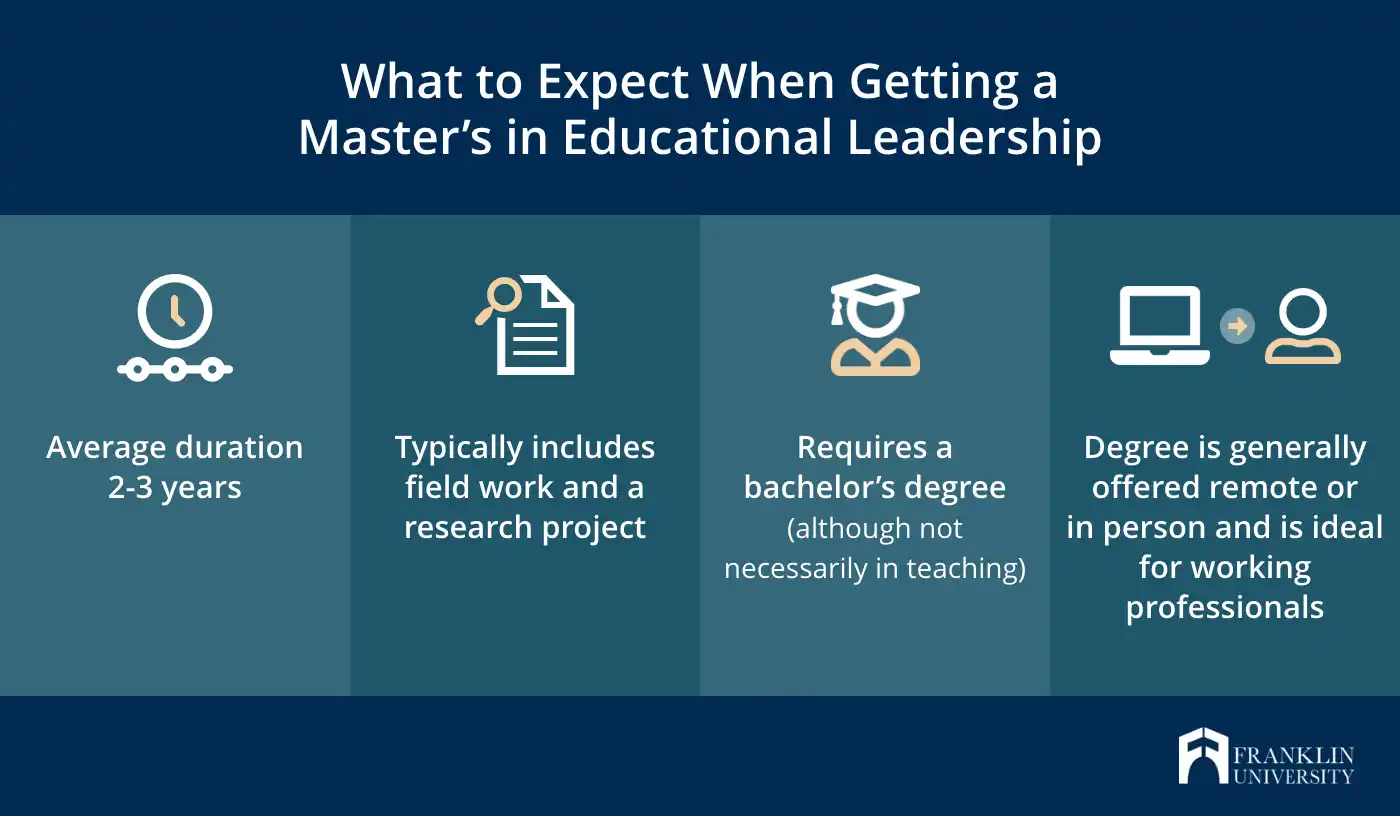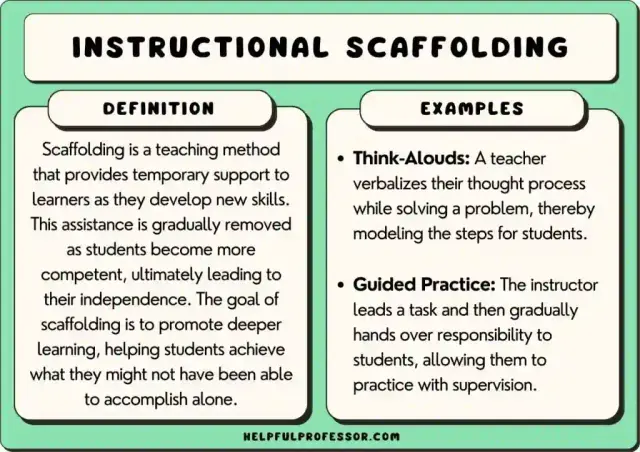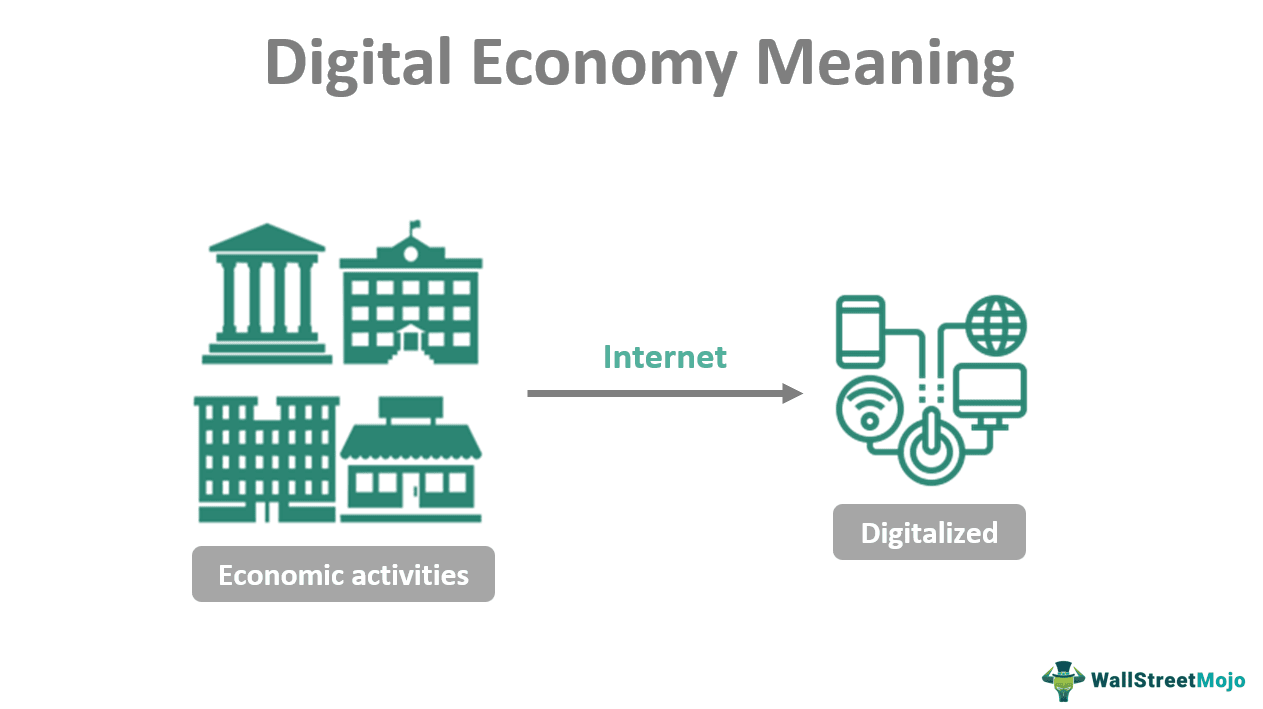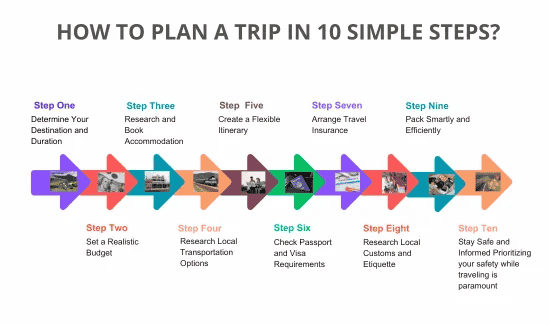How to Become a Diabetes Educator
Mia Wilson

Photo: How to Become a Diabetes Educator
How to Become a Diabetes Educator: A Comprehensive Guide
Diabetes is a growing health concern worldwide, affecting millions of individuals and their families. As the prevalence of diabetes continues to rise, so does the need for dedicated professionals who can provide education and support to those managing the condition. Becoming a diabetes educator is a rewarding career path that combines healthcare expertise with compassionate patient interaction. This guide outlines the essential steps and considerations for aspiring diabetes educators.
Understanding the Role of a Diabetes Educator
A diabetes educator plays a crucial role in helping individuals manage their diabetes effectively. These professionals provide personalized education on blood sugar monitoring, medication management, diet and nutrition, physical activity, and lifestyle modifications. They work in various settings, including hospitals, clinics, community health centers, and private practice.
Key Responsibilities
- Patient Education: Teaching patients about diabetes management, including insulin administration, blood glucose monitoring, and recognizing symptoms of hyperglycemia and hypoglycemia.
- Personalized Care Plans: Developing individualized plans that address each patient’s unique needs and circumstances.
- Support and Counseling: Offering emotional support and counseling to help patients cope with the challenges of living with diabetes.
- Collaboration: Working alongside healthcare teams, including doctors, nurses, dietitians, and pharmacists, to provide comprehensive care.
Educational Pathways to Becoming a Diabetes Educator
Embarking on a career as a diabetes educator requires a solid educational foundation. Here are the typical steps involved:
1. Obtain a Relevant Degree
Most diabetes educators hold at least a bachelor’s degree in a healthcare-related field. Common degrees include:
- Nursing (BSN): Registered Nurses (RNs) often pursue certification as diabetes educators after gaining clinical experience.
- Nutrition and Dietetics: Dietitians play a significant role in diabetes education, focusing on meal planning and nutritional guidance.
- Public Health: Professionals in public health can specialize in chronic disease management, including diabetes.
- Other Healthcare Fields: Degrees in pharmacy, social work, or exercise science can also lead to a career in diabetes education.
2. Gain Clinical Experience
Practical experience is essential for understanding the complexities of diabetes management. Prospective educators should seek positions in settings where they can work directly with diabetic patients. This experience not only enhances clinical skills but also provides valuable insights into patient needs and challenges.
3. Pursue Certification
Certification is a key step in becoming a recognized diabetes educator. The Certified Diabetes Educator (CDE) credential is highly regarded and requires:
- Eligibility: A combination of education and clinical experience in diabetes care. Typically, a minimum of two years of full-time experience is required.
- Examination: Passing a comprehensive exam that covers various aspects of diabetes management, patient education, and professional practice.
Additionally, the Board Certified-Advanced Diabetes Manager (BC-ADM) credential is available for those seeking advanced expertise in diabetes care.
Essential Skills and Competencies
Becoming an effective diabetes educator requires a blend of technical knowledge and interpersonal skills. Key competencies include:
1. In-Depth Knowledge of Diabetes
A thorough understanding of diabetes types, pathophysiology, treatment options, and complications is fundamental. Educators must stay updated with the latest research and treatment modalities to provide accurate information.
2. Communication Skills
Effective communication is crucial for educating patients and collaborating with healthcare teams. This includes the ability to explain complex medical information in an accessible manner and actively listen to patients’ concerns.
3. Empathy and Patience
Managing diabetes can be challenging and emotionally taxing for patients. Educators must demonstrate empathy, patience, and the ability to provide supportive care.
4. Organizational Skills
Developing and implementing individualized care plans requires strong organizational abilities. Educators must manage multiple patients, track progress, and adjust strategies as needed.
5. Problem-Solving Abilities
Each patient’s situation is unique, and educators must be adept at identifying barriers to effective diabetes management and developing practical solutions.
Career Opportunities and Advancement
Diabetes educators have diverse career opportunities across various settings. Common employment venues include:
- Hospitals and Medical Centers: Providing inpatient and outpatient diabetes education services.
- Community Health Centers: Offering education programs to underserved populations.
- Private Practice: Running or joining a private diabetes education practice.
- Educational Institutions: Teaching future healthcare professionals about diabetes management.
- Research Organizations: Contributing to studies aimed at improving diabetes care and education.
Advancement in this field can lead to roles such as program directors, educators in specialized areas (e.g., pediatric diabetes), or leadership positions within healthcare organizations.
The Impact of Diabetes Educators on Public Health
Diabetes educators play a vital role in public health by promoting awareness, prevention, and effective management of diabetes. Their work helps reduce the incidence of complications, lowers healthcare costs, and improves the quality of life for individuals with diabetes. By empowering patients with knowledge and skills, diabetes educators contribute to healthier communities and a more informed public.
Challenges and Considerations
While the role of a diabetes educator is fulfilling, it comes with its set of challenges:
- Keeping Up with Advancements: The field of diabetes care is constantly evolving. Educators must engage in continuous learning to stay current with new treatments and technologies.
- Emotional Demands: Supporting patients through their diabetes journey can be emotionally challenging. Educators need to manage their own well-being while providing compassionate care.
- Resource Limitations: In some settings, limited resources and time constraints can hinder the ability to provide comprehensive education to all patients.
Conclusion: Embarking on a Rewarding Career Path
Becoming a diabetes educator is a meaningful career choice for those passionate about healthcare and patient education. It offers the opportunity to make a significant impact on individuals’ lives and contribute to the broader fight against diabetes. By following the educational pathways, obtaining necessary certifications, and honing essential skills, aspiring professionals can embark on a fulfilling journey as diabetes educators.
For anyone considering this path, the blend of clinical expertise, compassionate care, and the potential to drive positive health outcomes makes diabetes education a compelling and essential profession in today’s healthcare landscape.
For You
View AllExplore the definition of the digital economy and its influence on global business. Click for a clear breakdown!
Mia Wilson
Stay informed about the automotive chip shortage and its impact on car production. Learn how the industry is adapting now!
Mia Wilson
Explore expert opinions on whether AI will take over human jobs in the future.
Mia Wilson
Make family vacations affordable with these budget travel hacks. Enjoy fun trips without breaking the bank!
Mia Wilson
Understand post-secondary education, its types, and how it shapes careers. Start exploring your opportunities today!
Mia Wilson
Discover 10 ideal travel itineraries designed for beginners. Simplify your trips with these easy-to-follow plans for stress-free travel!
Mia Wilson
Education
View All
May 6, 2025
What Can You Do With a Master’s in Education?
Explore the career opportunities and advancements possible with a master’s in education. Take the next step today!

May 8, 2025
How Does Technology Affect Education?
Discover how technology is transforming education, enhancing access, and reshaping classrooms. Explore its impact now!

May 1, 2025
What Is Scaffolding in Education?
Discover scaffolding in education, its methods, and how it supports student success. Learn effective strategies now!





